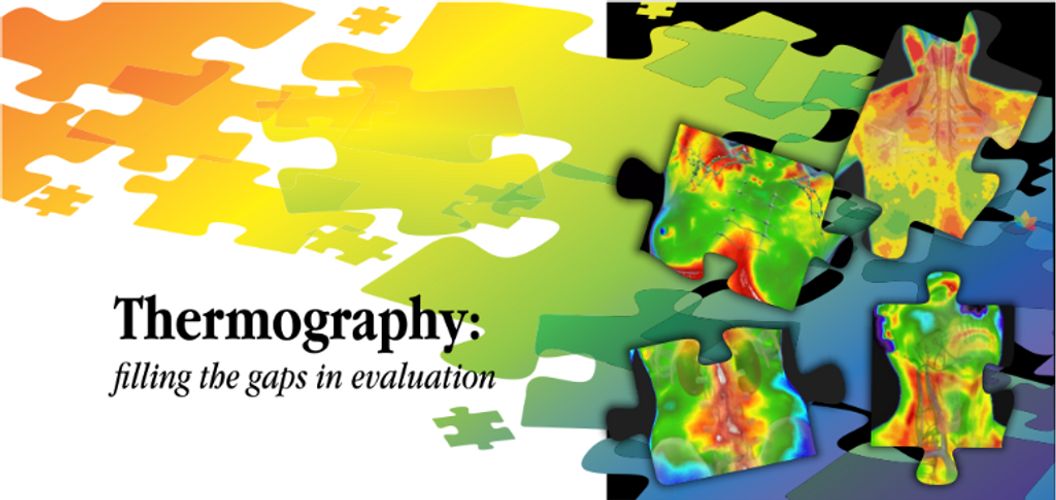We hope you'll visit our new website https://naplesthermography.com/ to learn more about Digital Infrared Thermal Imaging (aka Thermography). We've packed it with information about breast screening, pain evaluation and other clinical applications.
For instance...
Did you know that thermography could be a vital missing piece in breast examinations?
With Digital Infrared Thermal Imaging (DITI), subtle physiological changes can be closely monitored, providing feedback for doctors and patients who seek to be more proactive with breast health programs.
Thermography can detect subtle physiological activity that may accompany pathology and offers the ability to evaluate and closely monitor:
- Early risk markers
- Fibrocystic changes
- Hormonal changes
- Vascular changes
- Lymphatic congestion
- Paget’s disease
- Mastitis and more
Check out our page on breast screening to learn more.
Thermography also provides valuable information in Sports Medicine:
Thermal imaging may be used in the differential diagnosis of neuromusculoskeletal injuries and prognosis for return to participation and/or competition. It can be used as a gauge to clinically assess progress and treatment response, as well as a prognostic indicator.
DITI is useful for, but not limited to, the diagnosis and evolution of epicondylitis, patellofemoral syndromes, ankle injuries, shin splints, stress fractures, myofascial pain syndromes, spinal pain syndromes, shoulder injuries, foot pain syndromes, and vascular disorders and more.
Check out our page on Sports Medicine to learn more.
BE PROACTIVE WITH THERMOGRAPHY!
The journey from health to disease is a continuum along which many points could be identified. Digital Infrared Thermal Imaging (DITI), also referred to as thermography, can detect subtle physiological changes that may precede or accompany pathology. It is complementary to standard anatomical tests and can provide information that no other test can provide as affordably or as safely.
Thermography offers the ability to conduct a non-invasive and cost effective full body study that can aide in the evaluation of injuries, recovery and chronic pain, detect compensatory problems and complement or guide standard testing procedures.
A full body study can help patients communicate their complaints to doctors and therapists by proving an objective "picture" of the physiological responses they are experiencing.
Thermal abnormalities are present in many diseases and physical injuries. Digital Infrared Thermal Imaging (DITI) can help doctors and clinicians diagnose, evaluate, monitor and document a large number of injuries and conditions, including soft tissue injuries, sensory/autonomic nerve fibre dysfunction, chronic inflammation, and more.
Learn more about the information a full body study may reveal on our new website.













